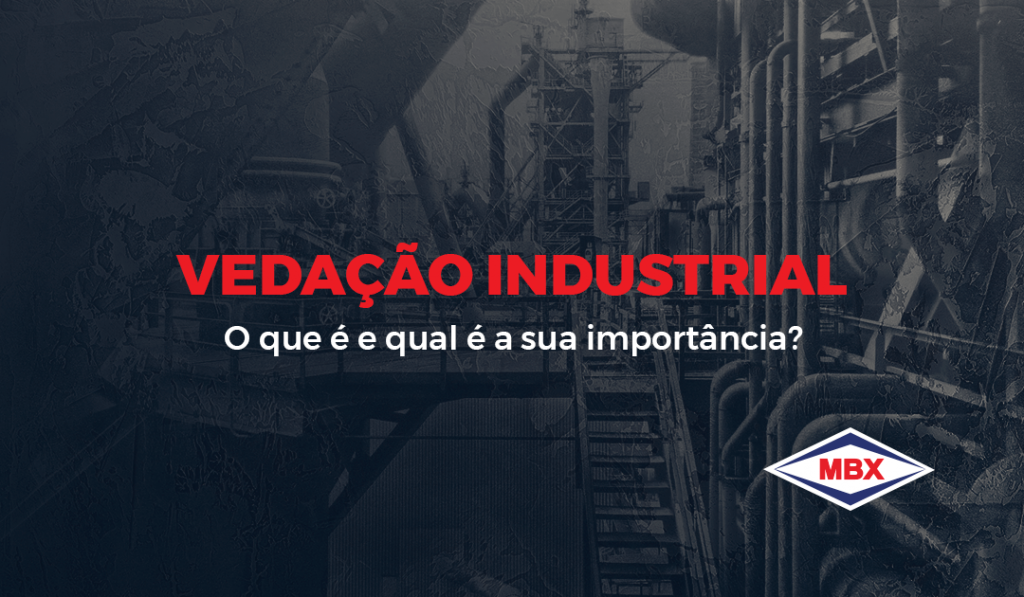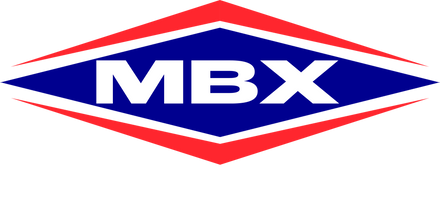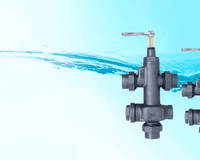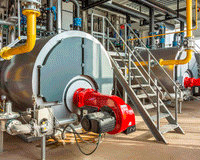Industrial sealing: what is it and why is it important?

Have you ever had the opportunity to observe a production process within the industrial sector? There are many machines and components that work simultaneously and need to be properly operated and maintained. But without efficient industrial sealing, this is almost impossible.
Within the industry, industrial sealing plays a very significant role in the proper functioning of all systems within the industry, keeping them running with maximum safety.
To learn more about the topic, see some interesting points of great importance for industries.
Industrial sealing: useful for industries
Industrial sealing is essential for several industrial processes. But do you know its function?
Its main function is to seal a system, preventing fluid leaks from occurring within an industrial system. Industrial sealing aims to seal/stop leaks that can occur both from the external to the internal environment, and vice versa, from the internal to the external environment.
In the first situation, the industrial seal has the function of preventing contamination of a machine's system due to external fluids that can be liquid, gaseous or solid, thus preventing the entry of impure particles into the system.
In the opposite situation, industrial sealing helps combat environmental contamination, regardless of the physical state of the fluids, that is, the sealing prevents fluids from leaking from the machine to the outside.
Therefore, industrial sealing is very useful for hydraulic and pneumatic systems, preventing the leakage of oil, clean grease or other fluids used as lubricants for machines or other equipment.
Types of equipment used for industrial sealing
There are several types of industrial seals, which have specific characteristics so that they can be applied to machines with different functions and performances.
Typically used in hydraulic or pneumatic systems, industrial seals are applied to machines used in industry in general. The products used to perform this function are:
- Couplings;
- Scraper rings;
- Sealing rings (O'Rings types);
- Cushions;
- Plungers;
- Gaskets and Chevron Gaskets;
- Gaskets, such as those for sealing boiler inspection ports;
- Diaphragms;
- Retainers; and
- Special seals.
The materials typically used as industrial sealing elements are quite varied, including rubber gaskets, cardboard, velour, rubber and metal rings, cardboard gaskets, rubber mechanical seals, among many others.
Advantages of industrial sealing
In addition to preventing possible cases of leakage and contamination within the industrial environment, sealing also has other important advantages.
One of these advantages is the installation of seals on the couplings that allows the correct division of two parts, thus preventing these parts from meeting, which, consequently, will help to avoid possible wear.
This care prevents the industry from having additional costs resulting from wear and tear, as well as a drop in productivity due to machines being stopped during unscheduled maintenance.
But it is important to emphasize that maintenance is also essential, ensuring that machines and other equipment are always in perfect working order.
To achieve this, it is essential that companies have a professional mechanic, so that they can prevent possible wear or breakage of the sealing systems.
MBX boiler inspection port sealing gaskets: Quality and excellent resistance
Another very important use for industrial sealing is its use in boiler inspection ports; tank and pressure vessel ports; flanges; ducts; and heat exchangers.
Therefore, in boilers and pressure vessels, industrial sealing gaskets allow, among other benefits:
- Greater sealability;
- Ease of installation;
- Individually packaged (properly identified for each inspection port);
- Free of asbestos and graphite (clean, facilitating storage and handling);
- Highly compressible;
- Non-toxicity;
- Excellent chemical resistance.
For this type of product, MBX offers excellent Gaskets for sealing boiler inspection ports, with excellent construction quality capable of withstanding pressures of up to 3,000 psi and temperatures ranging from 230 °C to 315 °C.
MBX focuses on increasing productivity in its clients' industries, developing efficient and easy-to-use equipment, such as the boiler inspection port sealing gasket. It's worth checking out!
Want information about boiler accessory equipment? Then visit MBX blog and check it out.





